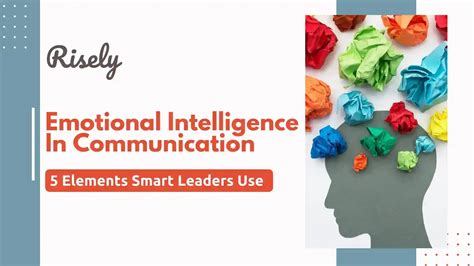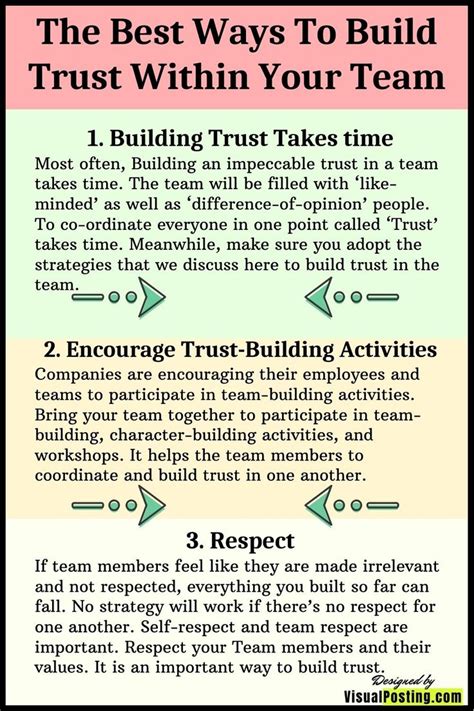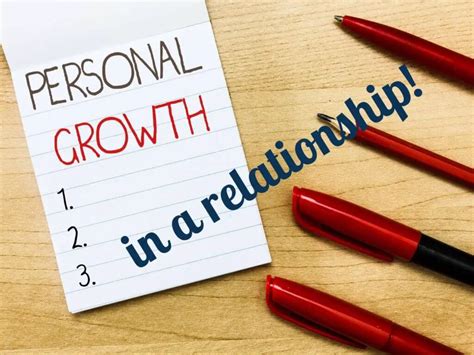The Foundation of Flourishing Connections
In the intricate dance of human interaction, emotional intelligence (EI) emerges as the silent conductor, orchestrating harmony and understanding. Far more than just being ‘nice,’ EI is the ability to understand, use, and manage your own emotions in positive ways to relieve stress, communicate effectively, empathize with others, overcome challenges, and defuse conflict. When applied within relationships, it transforms potential friction into opportunities for growth, strengthening bonds and fostering a profound sense of mutual respect and understanding.
Strong relationships, whether romantic, familial, or professional, are not built on the absence of conflict but on the ability to navigate it constructively. This is where emotional intelligence shines, providing the tools to understand not just what is said, but what is felt, and to respond with wisdom rather than reactivity.
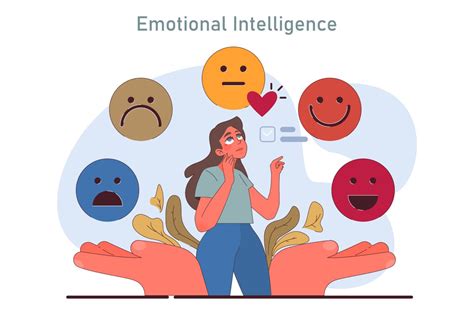
Cultivating Self-Awareness for Better Interactions
The journey to applying emotional intelligence begins within. Self-awareness is the bedrock of EI, involving the ability to recognize and understand your own moods, emotions, and drives, as well as their effect on others. In a relationship context, this means knowing your triggers, understanding why certain situations make you feel a particular way, and acknowledging your own emotional patterns.
When you are self-aware, you can pause before reacting impulsively, giving yourself space to choose a constructive response rather than being swept away by intense emotions. This practice allows you to communicate your needs and feelings clearly and calmly, without placing blame or escalating tension. It’s about taking ownership of your emotional landscape.
Practical Steps:
- Identify Your Triggers: What situations or behaviors consistently provoke strong emotions in you?
- Practice Mindfulness: Pay attention to your emotions as they arise without judgment.
- Reflect on Your Impact: Consider how your words and actions affect your partner or others.
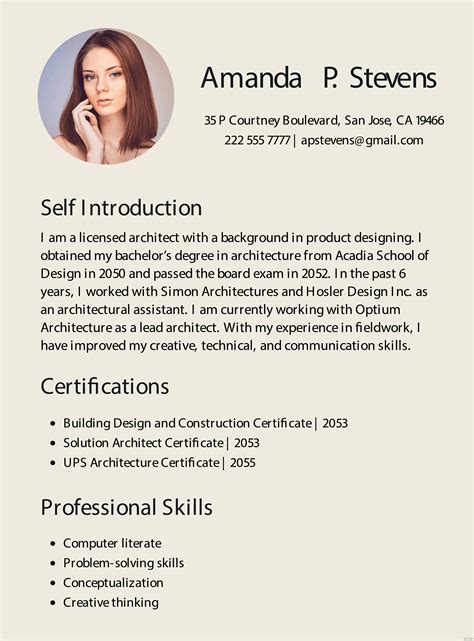
Mastering Self-Regulation to Prevent Escalation
Following self-awareness is self-regulation – the ability to control or redirect disruptive impulses and moods and to suspend judgment before acting. This aspect of EI is crucial for preventing conflicts from spiraling out of control. Instead of lashing out in anger or withdrawing completely when upset, self-regulation allows you to manage your reactions and maintain composure.
It involves a conscious choice to respond thoughtfully rather than react viscerally. This doesn’t mean suppressing emotions, but rather expressing them in a healthy and productive manner. For instance, instead of yelling, you might take a deep breath, articulate your feelings using “I” statements, and suggest taking a break to cool down before resuming a discussion.
Practical Steps:
- Pause Before Reacting: Implement a “ten-second rule” before responding to a heated comment.
- Use “I” Statements: Express your feelings and needs without accusing the other person (e.g., “I feel unheard when…” instead of “You never listen to me.”).
- Practice Stress-Reduction Techniques: Deep breathing, short walks, or a change of scenery can help regulate emotions during conflict.
Empathy: Stepping into Another’s Shoes
Empathy is arguably the most powerful component of emotional intelligence for relationship building. It is the ability to understand and share the feelings of another. When you are empathetic, you can perceive situations from your partner’s perspective, even if you don’t agree with their viewpoint. This deep understanding fosters connection and validates their experience, which is essential for resolving conflicts.
Empathy involves active listening – truly hearing what the other person is saying, both verbally and non-verbally, without interrupting or formulating your own rebuttal. It means acknowledging their feelings and trying to grasp the ‘why’ behind their emotions, even when those emotions are directed at you. This validation can de-escalate tension and open pathways to mutual solutions.
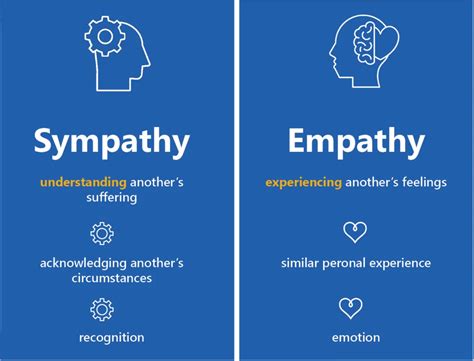
Practical Steps:
- Active Listening: Give your full attention, nod, make eye contact, and summarize what you hear.
- Ask Clarifying Questions: “Can you tell me more about how that made you feel?” or “What part of this is most upsetting for you?”
- Validate Feelings: Even if you don’t agree with the action, acknowledge the feeling: “I can see why you’re upset.”
Developing Social Skills for Effective Communication and Collaboration
Social skills encompass a broad range of abilities that facilitate effective interaction, influence, and communication. In relationships, these skills are vital for expressing yourself clearly, navigating disagreements, building rapport, and working together towards common goals. This includes persuasion, leadership, conflict management, and building relationships.
When EI-driven social skills are applied, communication becomes a bridge rather than a barrier. It means engaging in constructive dialogue, being open to feedback, and finding win-win solutions. It’s about leveraging mutual understanding to negotiate differences and strengthen the bond, rather than allowing disagreements to create distance.
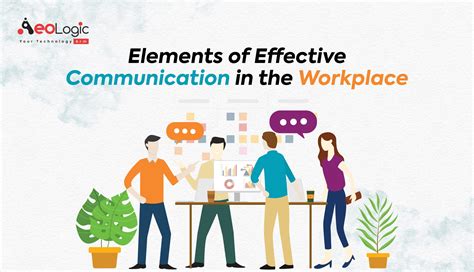
Practical Steps:
- Clear Communication: Articulate your thoughts and feelings directly and respectfully.
- Negotiation and Compromise: Be willing to find middle ground and collaborative solutions.
- Build Rapport: Engage in shared activities, express appreciation, and celebrate successes together.
Applying EI to Resolve Conflict Constructively
Conflict is an inevitable part of any close relationship, but it doesn’t have to be destructive. By applying emotional intelligence, conflict can become an opportunity for deeper understanding and stronger connection. Instead of viewing disagreements as battles to be won, approach them as problems to be solved together.
When conflict arises, start by checking in with your own emotions (self-awareness and self-regulation). Then, make a conscious effort to understand your partner’s perspective (empathy). Finally, use your social skills to communicate effectively, negotiate, and find a resolution that honors both individuals’ needs. This process transforms conflict from a divisive force into a unifying one.
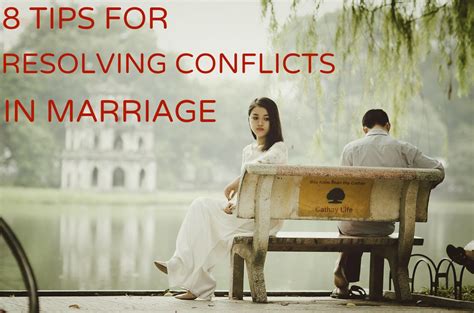
Practical Steps:
- Choose Your Battles Wisely: Not every disagreement needs to be a major confrontation.
- Focus on the Issue, Not the Person: Attack the problem, not your partner.
- Seek Mutual Solutions: Aim for outcomes where both parties feel heard and respected.
- Apologize When Necessary: A sincere apology, taking responsibility, can mend wounds quickly.
The Continuous Journey of Emotional Intelligence
Applying emotional intelligence in relationships is not a one-time fix but a continuous journey of learning and growth. It requires consistent effort, self-reflection, and a genuine commitment to understanding both yourself and others. By consciously developing your self-awareness, self-regulation, empathy, and social skills, you lay a robust foundation for relationships that are not only stronger and more resilient but also richer in understanding, compassion, and shared joy. Embrace the power of EI, and watch your relationships flourish, transforming conflict into connection and creating a legacy of harmony.
